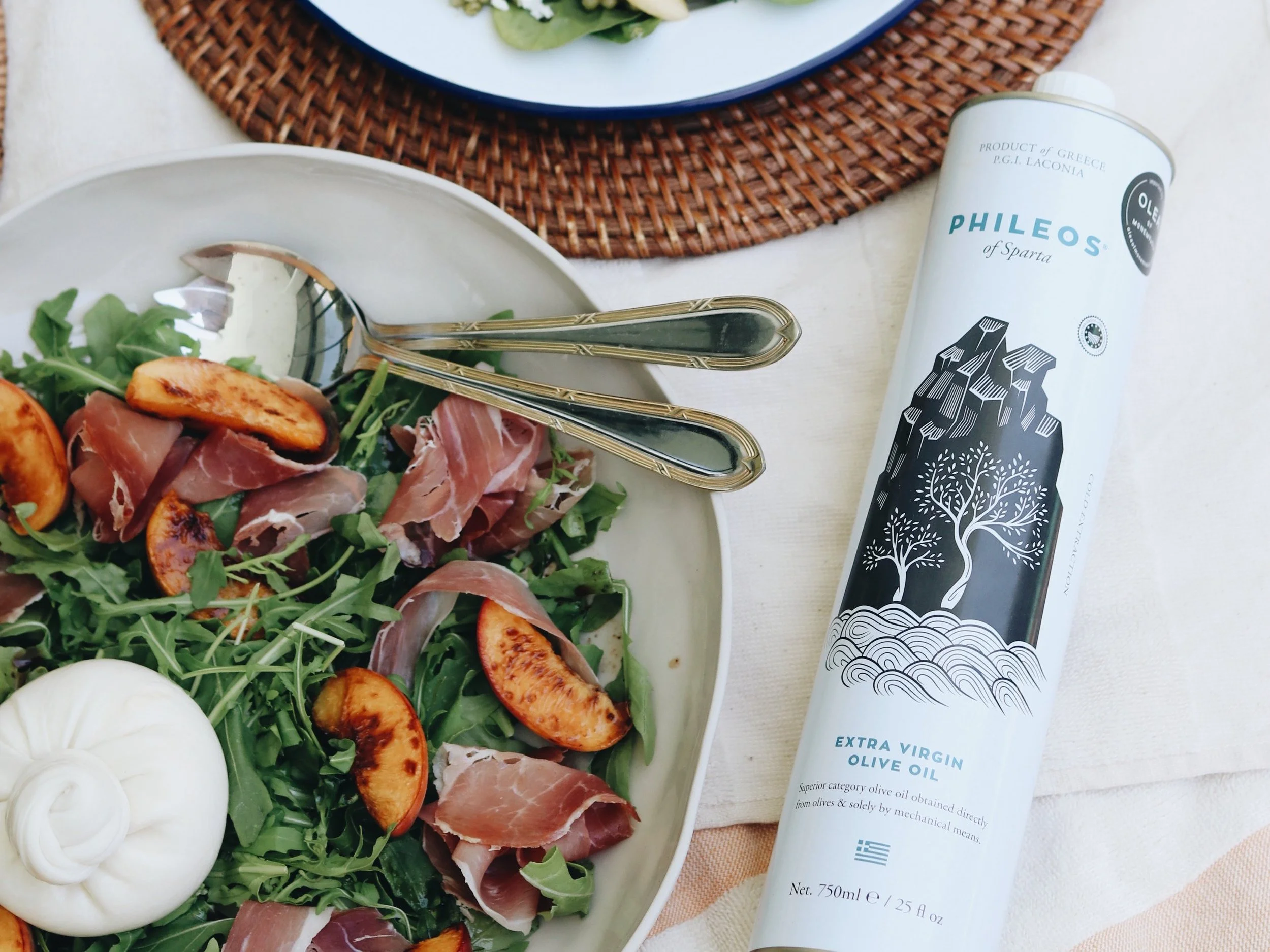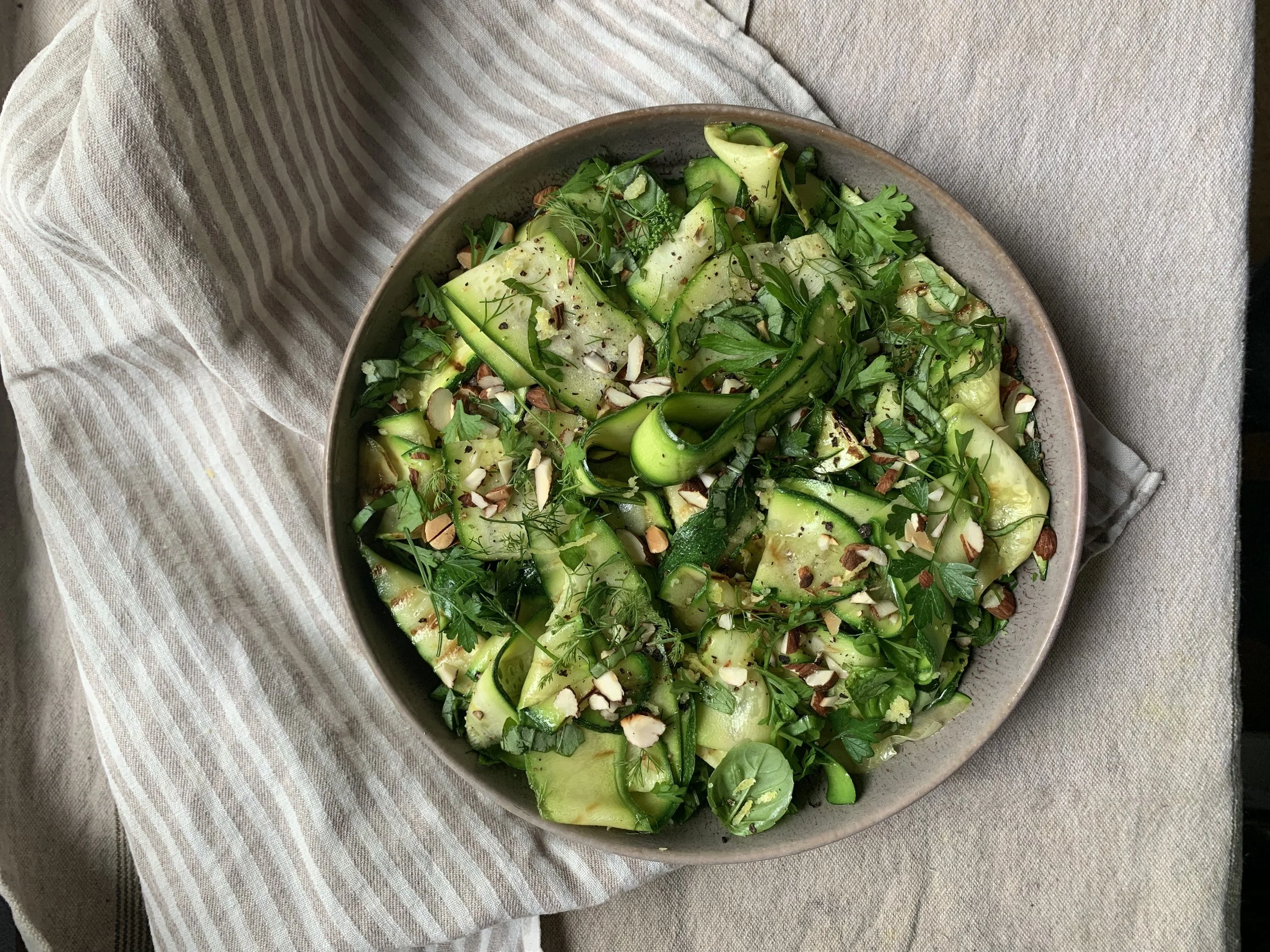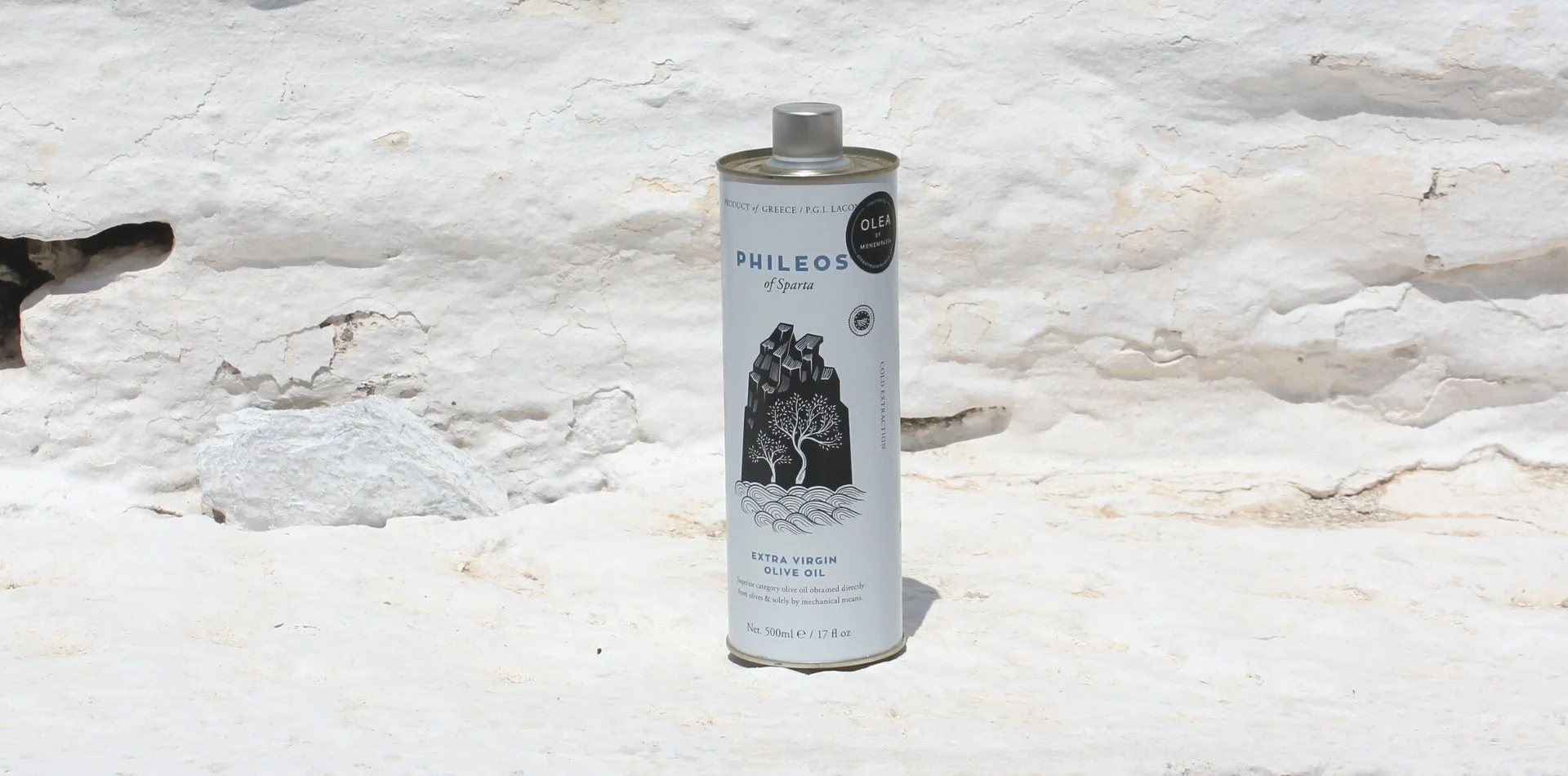THE HEALTH BENEFITS
PHILEOS EXTRA VIRGIN olive oil contains some of the highest concentrations of polyphenols you can find worldwide…
There is more and more research being conducted on the medicinal & nutritional value of extra virgin olive oil in relation to the cardiovascular system, digestive system and brain function as well as overall health and well-being.
EVOO is currently being consumed to increase well-being and help prevent several diseases including diabetes, Alzheimer’s disease and heart disease with scientists working to discover more benefits each day.
Phileos extra virgin olive oil is rated as a medicinal and nutritional grade olive oil as a result of the particular olives used, the growing conditions & location, as well as the natural harvesting and processing techniques used.
There are a wide range of well-evidenced health benefits related to extra virgin olive oil, including:
Prevention of Overall Mortality
Prevention of CVD, Coronary Heart Disease, and Myocardial Infarction
Prevention of Diabetes or improved Glycaemic Control in existing Type 2 Diabetes Mellitus
Reduction in Overall Cancer Incidence
Prevention of Neurodegenerative Diseases
Prevention of Mood Disorders
Reversal of Fatty Liver Disease
Prevention of Overweight and Obesity
LOW IN ACIDITY
|
RICH IN HEALTHY MONOUNSATURATED FATS
|
HIGH IN POLYPHENOLIC & VOLATILE COMPOUNDS
|
HIGH IN VITAMINS E & K
|
HIGH IN OLEOCANTHAL
|
LOW IN ACIDITY | RICH IN HEALTHY MONOUNSATURATED FATS | HIGH IN POLYPHENOLIC & VOLATILE COMPOUNDS | HIGH IN VITAMINS E & K | HIGH IN OLEOCANTHAL |
Low in acidity
Acidity is the percent measured by weight, of free oleic acid (or free fatty acids), which is a measure of the oil's chemical degradation. According to International (IOOC) Standards, olive oil with less than 0.8% per 100g acidity is considered extra virgin olive oil. Anything beyond this cannot be called extra virgin. The lower the acidity, the better. Many things affect acidity (climate, soil, harvesting process, production process, etc.).
Our olive oil has an acidity of below 0.4 %, due to hand-picking, unique climate and soil (sand), timing of harvest and production. The low acidity of the oil in comparison to typical oils is a measure of its superb quality and award-winning status.
Rich in monounsaturated fats
The fat in the olive oil is a very healthy monounsaturated fat. It lowers total cholesterol and LDL (bad cholesterol) and so lowers your risk of heart disease and stroke. (Estruch, M.D., Ros,E. et al 2013. Hoffman, G. & Schwingshack, L. 2014)
High in vitamins E & K
Premium olive oils also contain vitamins A, D, E and K which increase intestinal absorption of calcium, magnesium, and phosphate as well as being good for hair, skin, nails and healthy bodily function.
Alpha tocopherol is the primary type of Vitamin E in extra virgin olive oil which has anti-inflammatory properties, may reduce the incidence of heart disease, and may also reduce the chance of mortality from cardiovascular issues in women.
The other main vitamin found in extra virgin olive oil is Vitamin K, which aids in blood clotting, improves bone health, and may help prevent osteoporosis. Vitamin K is present in many major organs, including the brain, heart, liver, pancreas and bone
High in phenolic compounds (polyphenols)
A new method of using Nuclear Magnetic Resonance (NMR) is now used to directly measure the polyphenols in Extra virgin olive oil (EVOO). Previously, many of the EVOO health benefits were credited to the presence of monounsaturated fats alone. Now, the NMR technique makes it possible to measure and identify phenolic compounds that provide additional health benefits found only in some extra virgin olive oils.
A breakdown of the amazing polyphenolic compounds found in our oil is posted in the ‘Analysis’ section below.
Polyphenols exert beneficial effects on physiological processes related to health and disease. Studies involving humans and animals (in vivo and in vitro) have demonstrated that olive oil phenolic compounds have potentially beneficial biological effects resulting from their antimicrobial, antioxidant and anti-inflammatory activities.
These studies show that the phenolic compounds beneficially alter inflammation and have beneficial effects on markers of cancer, atherosclerosis and also genes related to obesity and metabolic syndrome. Oleuropein, hydroxytyrosol and oleocanthal possess potent pharmacological activities in vitro and in vivo. (Parkinson,L & Cicerale, S 2017)
Oleuropein and its powerful metabolite hydroxytyrosol are anti-inflammatories and antioxidants and exhibit protective action against several diseases, especially cardiovascular and metabolic disorders. Hydroxytyrosol is one of the most powerful antioxidants found in nature to date. (Capello, F. et al 2018, Bulotta S. 2014)
Oleocanthal and oleacein activate healthy aging-promoting cytoprotective pathways and suppress oxidative stress. (Nikou T. et al 2019)
Premium olive oils also have high concentrations of oleuropein and oleocanthal which are natural anti-inflammatory substances that reproduce the natural effects of ibuprofen, the active ingredient widely used in the production of pain medication. (Omar,S.H. 2010, Parkinson, L. and Keast, R. 2014)
Other useful information:
The Phileos of Sparta premium extra virgin olive oil is sourced from the finest olive groves in the region of Molaoi, Asopos, and Monemvasia in Laconia from the famous varieties of Athinolia and Koroneiki. This area is perfect for growing olives with calcareous soils, and sea breezes and the olives flourish with a special luxuriance on the limestone slopes and crags that form the shores of the Peloponnese peninsula. All methods of cultivation and fertilisation are strictly controlled. The olives are harvested and stored in sackcloth. Cold extraction of the olive oil is within the first 48 hours after harvest. The oil is packed under strictly controlled conditions with certificates of quality accompanying the product. The olives need to be treated with gentleness and care and attention to fine detail is needed for this process.
Packaging
As exposed in a comparative study which was conducted by the German Fraunhofer Institute for Process Engineering and Packaging, the most appropriate packaging method for olive oil is in tinplate containers which protect the valuable nutrients much more effectively than glass or plastic bottles, which are subject to the penetration of light, and where plastic is concerned, also penetrable by oxygen.
Cold extraction
The olive oil is from the first pressing of the olives with no chemicals or hot water added during processing. This ensures that the polyphenols are protected and the olive oil maintains its delicate flavours and aromas.
Production, harvesting & processing
The trees are closely monitored, with controlled watering and soil conditions, the delay time from picking to pressing is minimised to ensure no chemical degradation of the olives occurs, the oil is stored under strictly controlled conditions.
All stages of the production process are certified beginning with the primary production. Through integrated management, there is rationalisation of fertilizer and pesticide use. All farmers grow the olives according to recommended and controlled methods and document each process and agricultural farming method. This means that the cultivation of the olive trees are friendly for the environment and for humans.







